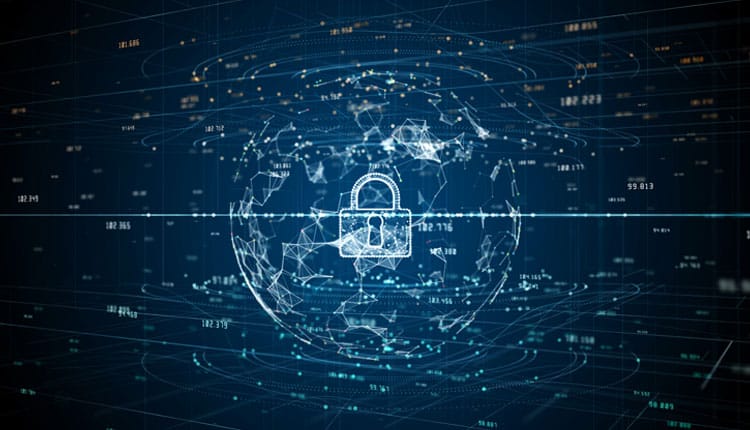By Vikas Bansal, Partner, IT Risk Advisory & Assurance, BDO India
Digital information presents significant opportunities for businesses; however, increased use of personal data intertwines vulnerabilities and interdependencies between two previously discrete threats – data privacy and security. Cyber-attacks leading to data breaches pose critical implications for data privacy, and numerous nations have begun to establish pertinent legislation and regulations concerning the protection of personal information.
In today’s world, cybersecurity is attracting more attention, and this raises the importance of personal privacy and data protection tools. The relationship between security and data privacy is intricate. Privacy relies on security, whether voluntary or mandated by law; however, it is only meaningful if the data is shielded from unauthorised third parties and theft. Modern data protection principles mandate comprehensive data protection in every significant codification of data protection laws, including the EU Data Protection Directive, the U.S. Federal Trade Commission’s Fair Information Practice principles, the APEC Privacy Framework, the EU General Data Protection Regulation (GDPR) and now in the recently launched Digital Data Protection Act by India.
Tools such as encryption, data minimisation, and limitations on data collection, retention, and transfer serve both data privacy and cybersecurity. The means are not always governed by good security, as many measures employed to enhance cybersecurity pose a risk to privacy. For example, proposals to enhance cybersecurity requiring identity verification, reducing online anonymity, and sharing potentially personal information about cyberattacks all pose risks to personal privacy. The terms data protection and data privacy are often used interchangeably, but there is an important difference between the two. Data privacy defines who has access to data, while data protection provides tools and policies to actually restrict access to the data. Compliance regulations ensure that the user’s privacy requests are carried out by companies, and are responsible for taking measures to protect private user data.
Cybersecurity breaches can compromise credibility and cost organisations a significant amount, adversely impacting customer service, productivity, and reputation. The future of privacy is intertwined with cybersecurity, necessitating a balance between protecting sensitive data, and personal privacy.
Here are some cybersecurity considerations to ensure data protection:
-Cybersecurity measures can help prevent data breaches, which can expose sensitive personal information to unauthorised parties.
-Cybersecurity measures can help protect against cybercrime, such as identity theft and financial fraud which can result in the loss of personal identifiable information such as sensitive passwords and account numbers and prevent financial loss.
-Ensuring compliance with data protection laws and regulations, such as the General Data -Protection Regulation (GDPR) in the European Union and the Digital Personal Data -Protection Act 2023, or any privacy law globally.
-Help maintain trust between individuals and organisations by demonstrating a commitment to protecting personal information.
Today, sharing information invariably entails some level of anxiety. When individuals trust that their data will be handled responsibly, they are more likely to willingly share information, which can fuel innovation with more confidence.
In conclusion, the future of privacy is closely tied to cybersecurity and the two can go hand in hand. The two strong pillars for privacy will be established through technology enhancement and IT security, and both will come with adequate cybersecurity. Enhancing computation techniques is becoming increasingly important in data processing and analytics, and organisations should consider incorporating them into their privacy programs. By doing so, organisations can ensure the protection of personal data and meet regulatory requirements in the years to come.



